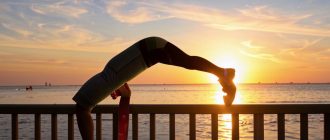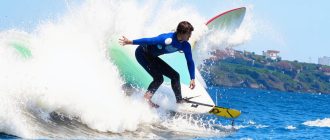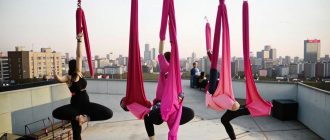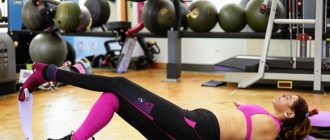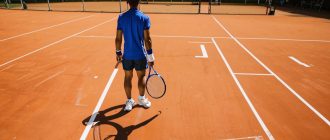Today #TrainerAnswers one of the most popular questions – how to pump up endurance. World Class elite trainer Anton Kotov became an expert in this topic.
Fitness has become a part of life in the metropolis, and most of the clients of fitness clubs have experience and understanding of how to train and what to do in addition to exercise. At the same time, working with clients, almost every day I hear statements that, to put it mildly, do not correspond to the true nature of things. And I have heard such conversations not only among amateurs, but also among certified trainers. And it can’t help but be alarming!
The reason for this, in my opinion, is that people base their reasoning not on scientific knowledge like anatomy, physiology, biomechanics, but rather on someone else’s experience, trying to repeat it or try it on others. However, each of us is so individual that certain methods that worked for one person may not work for another! That is why you should not always trust what is written on the Internet and demonstrated in videos. I suggest discussing some of the myths and trying to understand a little bit about these topics.
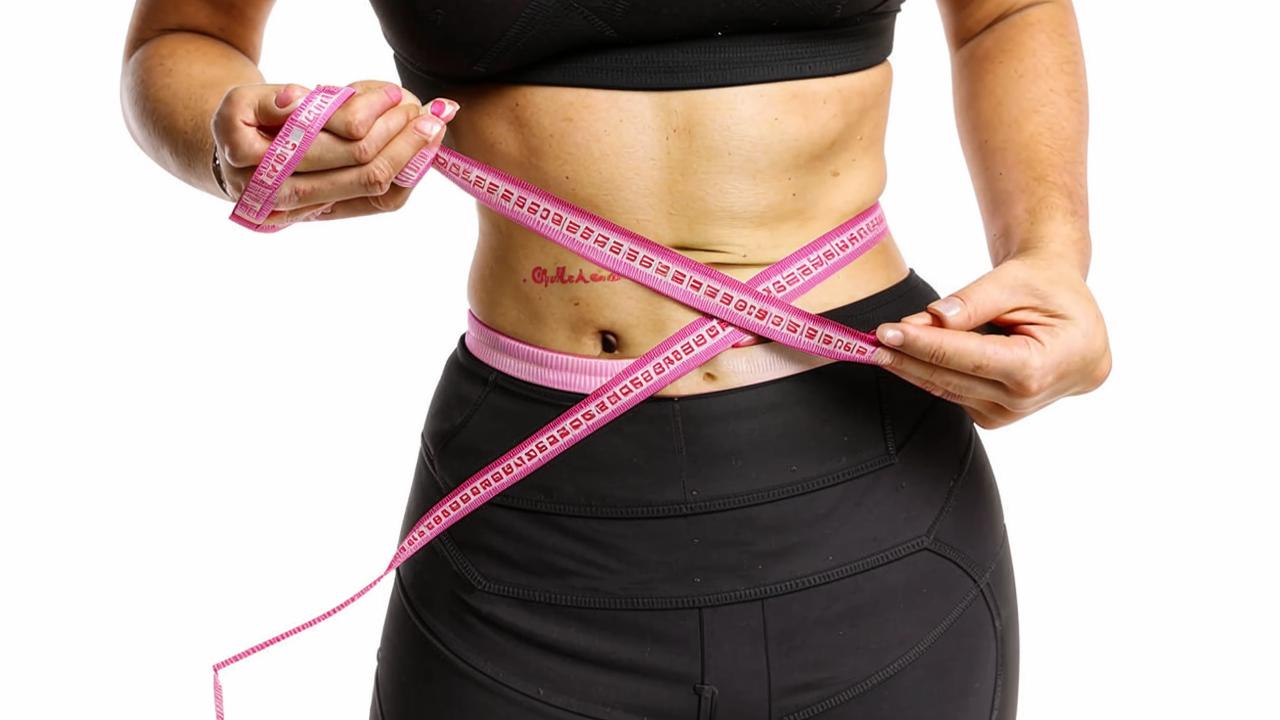
Exercise will help you lose/gain weight
One of the most common beliefs, particularly because of which people start fitness programs. But is this true? In some ways yes, with the impact of exercise on weight change being indirect. The whole point is that the key aspect in gaining/losing weight is the principle of energy balance, which means the ratio of calories consumed to calories expended. For this reason, diet will play a major role in this matter. Exercise will of course contribute to energy balance by increasing calorie intake, but if this is not properly balanced with diet, the result may not be as expected. The key role of exercise is still that it helps us to develop certain physical qualities, to improve our well-being, to develop some of our personality traits. However, again, they do not have a direct effect on body weight.
If you work out, you should definitely consume “sports nutrition”
One of the most widespread myths, especially often heard in the variant “you need to consume a large amount of protein”. The myth is that we do not get enough protein (or amino acids, which are the components of protein structures) in our daily diet, and that is why it is mandatory for everyone to take protein shakes. Putting aside subtleties and nuances, many studies show data that tell us that for gaining muscle mass it is recommended to consume about 1.6 grams of protein per kg of body weight. Accordingly, taking into account, for example, a man weighing 80 kg, we get that he needs to consume about 130 g of protein per day, which is easily achievable even with three meals a day, if the goal is to gain muscle mass.
It is also worth noting that protein is included not only in animal products and their derivatives, such as meat, cheese, cottage cheese. For example, this macronutrient is also present in cereals and legumes, and this should also be taken into account when determining the amount of protein consumed. In my opinion, this myth is invented by sports nutrition manufacturers to increase the sales of supplements. However, if you realize that your diet really lacks protein, you can supplement it with a protein shake. I recommend consulting a doctor before using specific supplements. The topic of sports nutrition is quite multifaceted, so we will consider it in a separate article.
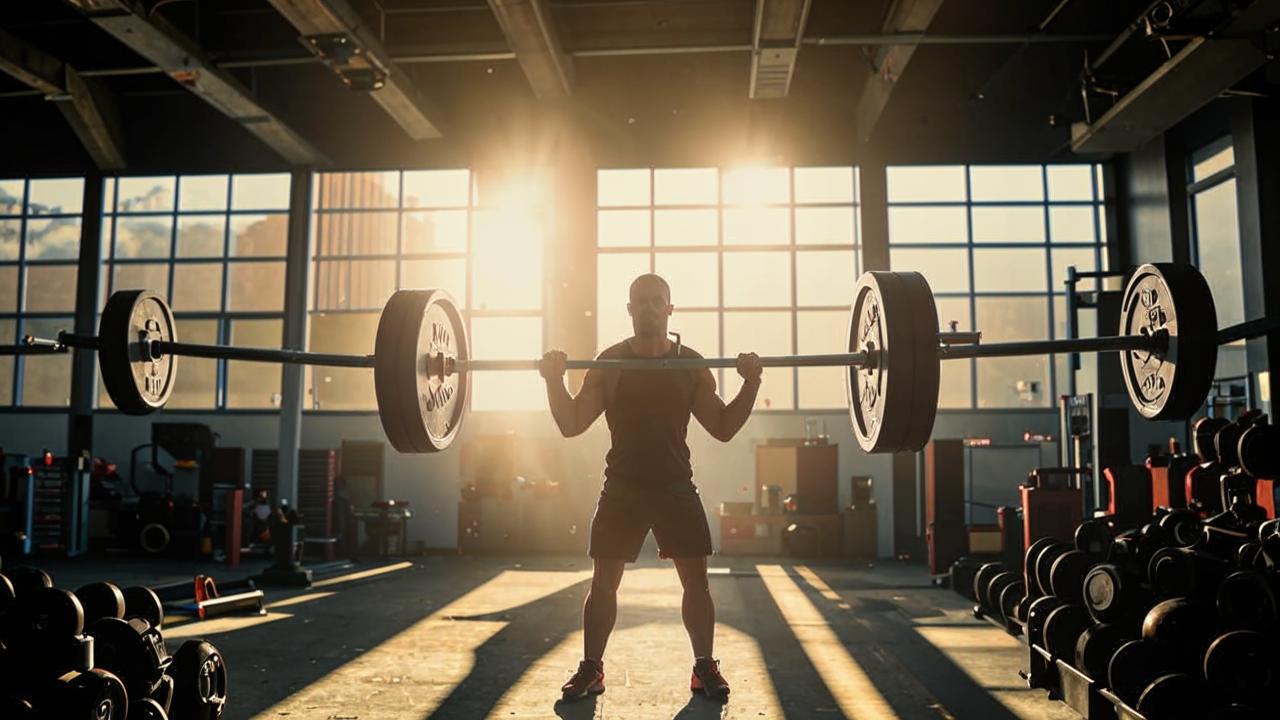
To build muscle, you need to lift heavy weights
Many trainees, coming to the gym, aim to gain muscle mass. And, looking at the examples in various sources on the Internet and not only, they try to start lifting maximum weights as quickly as possible, sometimes neglecting the technique and other principles of the training process. Firstly, it should be noted that in any training, the first place is always the correct technique of exercise execution, which allows to minimize the risk of injury and give a quality load on the target muscles. Secondly, recent studies tell us about the existence of techniques that allow you to build muscle without resorting to the use of maximum weights. Thirdly, still, if you go, so to speak, on the classical way, it is important to remember that the load should be increased gradually, allowing the nervous system and muscles to adapt, and smoothly reach peak intensity. In addition, it is necessary to properly cycle the load – that is, periodically change the focus and intensity of the exercise.
To reduce the fat component, you need to do cardio.
And cardio training also makes your muscles burn. Let’s talk again about how you need to reduce the fat component. To do this, you just need to create a deficit in the caloric content of the diet – that is, to eat less than you spend. It is worth noting that the body constantly expends energy, even when we are sitting or lying down. During training, this expenditure, of course, increases. And in fact, it is not critical how we will create this deficit – the main thing is that the body has enough energy to maintain normal functioning. That is why it is not recommended to cut calories by more than 20-25% of consumption. In this regard, the global orientation of training will not greatly affect the process of reducing the fat component, more important will be the selection of proportions of macronutrients, that is, proteins, fats and carbohydrates, in your diet.
I can even say that under certain conditions, strength training will be more effective in “burning fat” because it will help maintain muscle mass.

You need to train more often and more intensely to get results
There is a certain truth in this, because globally we have realized that everything rests on the energy balance, which is regulated by training, as well as the latter will determine the direction of changes that occur with our body. And indeed, based on this logic, the more often we exercise, the faster we will achieve the desired results. But there is one more important aspect to remember: the training process is not only about nutrition and training, it is also about recovery. Recovery will depend on your lifestyle, how you train, sleep, stress and so on – anything that puts a strain on your nervous system is important. Therefore, frequent and intensive training under certain conditions may not have the desired effect, but may lead to overexertion, which is accompanied by, for example, a decrease in immunity.
When you don’t get enough sleep, eat irregularly, experience serious stress at work, and end the day with a powerful workout or when this workout is wedged somewhere in the middle of your busy schedule, your body will sooner or later say “basta”. It is always important to properly dose the load and match the training process to the physical, psychological and other capabilities of our body. Therefore, more often and more intense is not always better and faster!
You need to eat often a little bit at a time to lose weight
I have repeatedly written that the key point in the issue of weight loss is the energy balance. And from this point of view, in fact, it is not very important how many meals a day will be – two or seven, especially if in general you do not have a very high motor activity. But if your schedule does include training, the situation changes somewhat, because when we move, the body begins to spend energy more actively, i.e. additional metabolic processes begin to take place inside. And of course, when some resource is consumed, it must be replenished sooner to maintain balance. The signal to eliminate losses is the feeling of hunger. It is this feeling that makes us eat so that the body can continue to function normally. Therefore, when you have many meals during the day, the risk of hunger is much lower, which makes it easier to tolerate even a strict diet. It is also worth noting that for an effective workout it is important that the body has the necessary energy reserve at the time of exercise. Therefore, it is absolutely necessary to make a meal about 1.5-2 hours before the exercise.
Pain is an indicator of progress
“No pain – no gain” is a very famous slogan common among athletes. Its meaning is that there is no result without pain. And indeed, for many people involved in the training process, the indicator of the effectiveness of training is muscle pain the next day, or, as a rule, if the training took place in the evening, the day after.
But in fact, muscle soreness is an indicator that our body has been subjected to manipulations that are unusual for it and do not correspond to the current physical capabilities. And it is really important to progress – to overload our body. The only question is the volume – it is extremely important to dose the load competently! If a beginner trainer has sore muscles all over his body the next day so that he can hardly move any limb, it is a sign that the load did not correspond to his level of training. And the recovery process will take longer, and therefore this person will be able to continue effectively later than he would have been able to if the intensity of the exercise had been correct.
Progression and systematicity are important in everything. A slight and pleasant pain in the muscles after training may be present, but progress in the training process can happen without it! I have had examples of such clients. The main thing to remember is that the indicator of progress is movement towards the desired results. And pain is only one of the possible accompanying factors.
In conclusion, I will note this point. In order to understand where the truth is and where it is not, any information that you meet in any source, it is better to question and try to get to the nature of things, based on fundamental knowledge. Do not believe unsubstantiated claims! Especially when you are talking to an expert in a field. Don’t be afraid to ask him: “Why is it so?” A competent expert will always be happy to share knowledge, as a result of which you will have a deeper understanding, as well as form an idea of the professionalism of this person. Good luck in your search for the truth!

